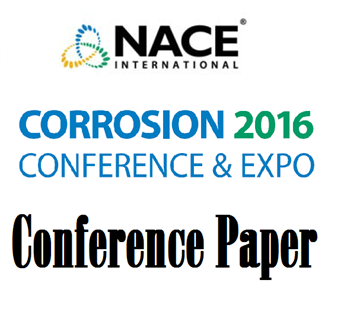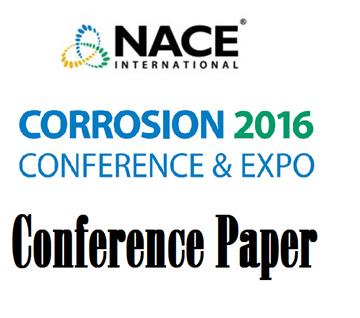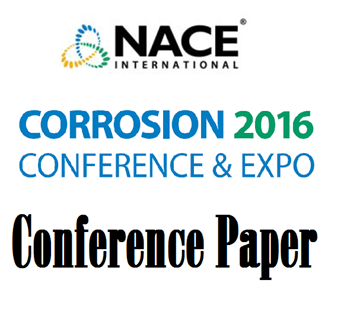Search
51316-7267-Impact of Microstructure on Hydrogen Solubility and Diffusivity in UNS 07718
Also Purchased
51316-7265-Corrosion Behavior of Cr and Cu Containing Low Alloys Steels in Solution
Product Number:
51316-7265-SG
ISBN:
7265 2016 CP
Publication Date:
2016
$20.00
51316-7270-Electrochemical Corrosion Behavior of Niobium Alloys as Metallic Bio-Implants
Product Number:
51316-7270-SG
ISBN:
7270 2016 CP
Publication Date:
2016
$20.00
51316-7272-Electrochemical Study of Nb-10Ta-1Re and Ti-6Al-4V Alloys for Dental Implant Applications
Product Number:
51316-7272-SG
ISBN:
7272 2016 CP
Publication Date:
2016
$20.00




